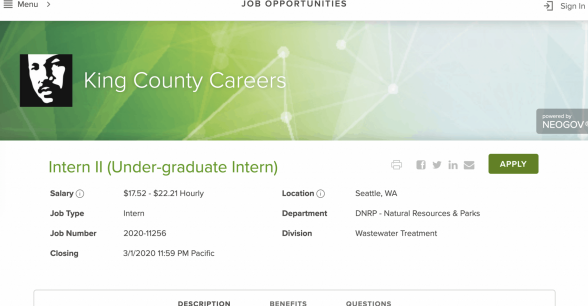Disability and Tokenism: Why No One Can Speak On Behalf of Everyone
Why is it that so many people look at a single person from a minority group and automatically assume that they represent the group as a whole? Nowhere does this issue, known as tokenism, seem more prevalent than in higher education. In my experience, it’s been a huge problem.
As an Early Childhood Education Major, I often study the different ways to incorporate inclusivity in our classrooms. Each semester, I have to try not to flinch as my classmates get whiplash from how fast they turn to look at me when the word “disability” is mentioned.
Keep in mind, I have spent years working with students with disabilities, reading dozens upon dozens of scholarly articles on different teaching methods and approaches, and joining advocacy efforts of multiple organizations. But in the eyes of my classmates, these credentials aren’t what qualify me to speak on behalf of students with disabilities. No – my wheelchair is what qualifies me.
Apparently, having a disability means I have the authority to answer every single question that has to do with disabilities. In addition to assumptions made by my classmates, I have faced an endless line of professors calling on me time and time again when it comes to the topic of disabilities. Make no mistake – I am happy to share my opinions, including those based on the research and professional knowledge that I have gathered. However, it is unfair for professors, faculty, and administration to assume that my disability means I’m able to speak on behalf of every single person who has a disability.
Each person with a disability has different needs, different opinions, different personalities. Each student with a disability requires different accommodations based on their individual strengths and weaknesses. So, I cannot tell you what a blind student needs to succeed any more than they can tell you what I, a wheelchair user, needs to succeed. Nor can I tell you what another student in a wheelchair needs to succeed anymore than they can tell you what I need.
I think I speak on behalf of everyone when I say that it is impossible to speak on behalf of everyone.
We all want to feel like we have the power to be a voice for others. But the truth is that we all only have one voice. It is not fair for nondisabled students and college professors to look onto a disabled student with the expectation that they can be the token voice for an entire community, and it is not fair for a disabled student to speak for everyone. Even if they are called upon to do so, it is important to remember that differing views must be brought to the table if a classroom is to ever truly be inclusive. For inclusivity does not mean simply listening to one voice. Inclusivity is about hearing as many voices as possible, exposing yourself to as many opinions as possible, and seeing the reasoning behind each and every stance surrounding an issue.
About Rooted In Rights
Rooted in Rights exists to amplify the perspectives of the disability community. Blog posts and storyteller videos that we publish and content we re-share on social media do not necessarily reflect the opinions or values of Rooted in Rights nor indicate an endorsement of a program or service by Rooted in Rights. We respect and aim to reflect the diversity of opinions and experiences of the disability community. Rooted in Rights seeks to highlight discussions, not direct them. Learn more about Rooted In Rights


